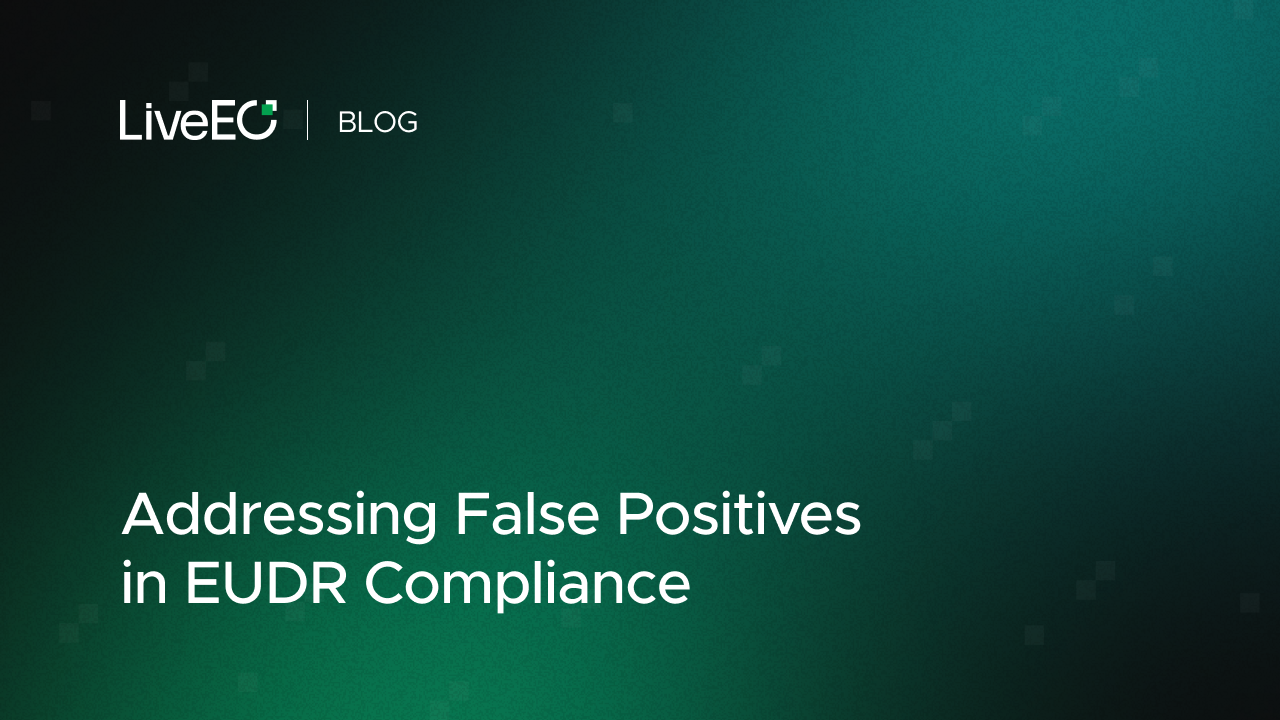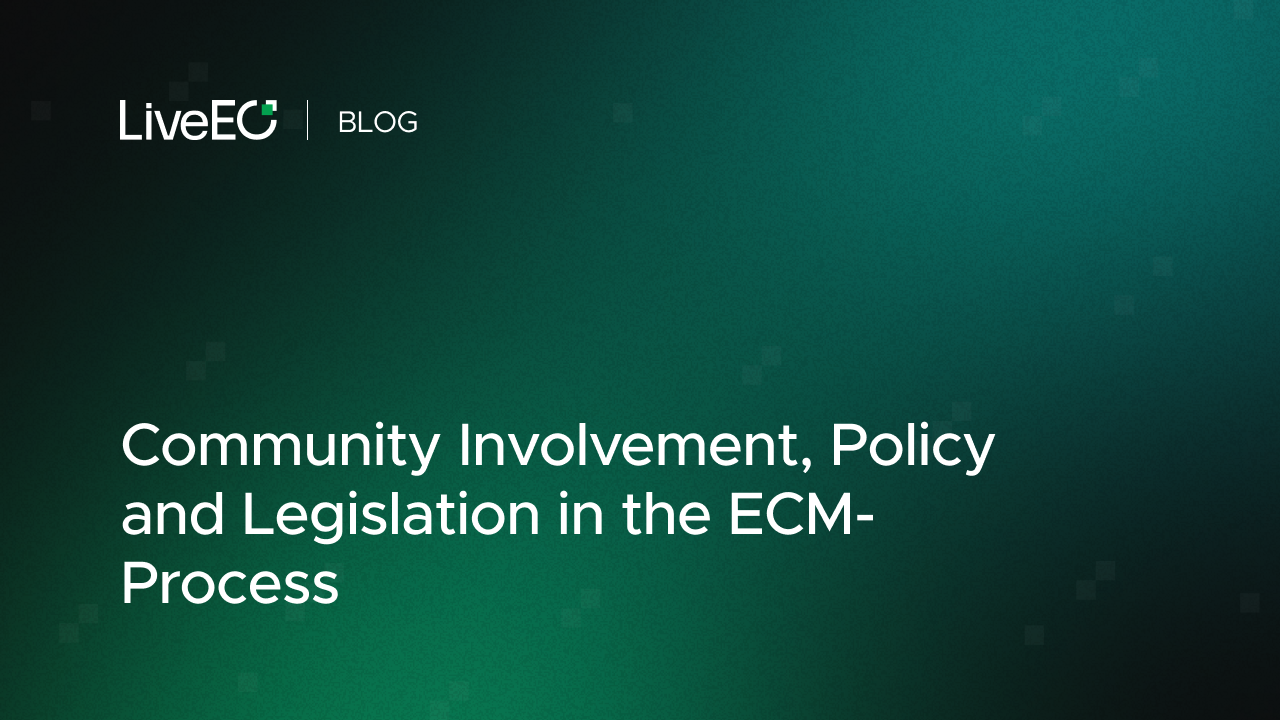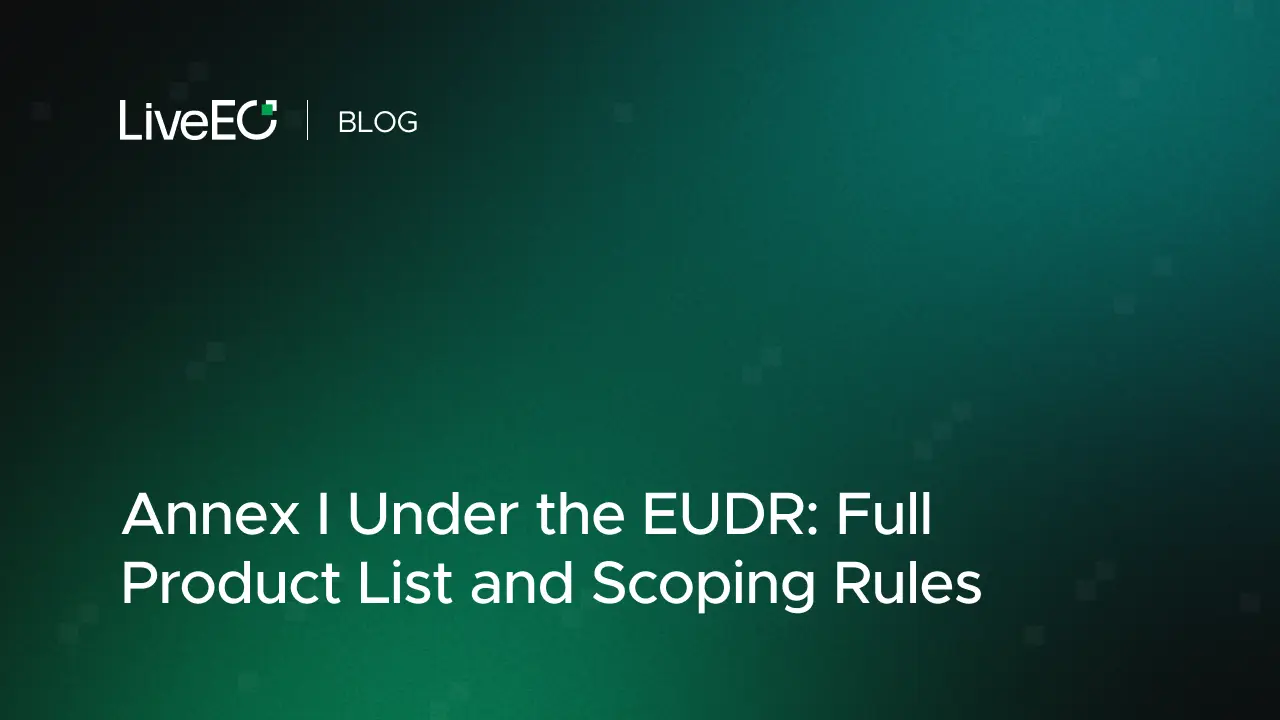The implementation of the European Union Deforestation Regulation (EUDR) has ushered in a new era of environmental compliance for businesses. With a focus on preventing deforestation in supply chains, the EUDR highlights the critical need for accurate detection of deforestation activities. This article delves into the importance of avoiding false positives in deforestation detection and the potential business risks involved.
The Significance of False Positives
In the context of EUDR compliance, false positives in deforestation detection can lead to significant challenges. Misidentification of deforested areas can result in businesses making misguided decisions, disrupting supply chains, and impacting relationships with suppliers.
Business Risks of False Positives
- Supply Chain Disruptions: Inaccurate data can lead businesses to alter or terminate relationships with suppliers unnecessarily, causing inefficiencies and potential financial losses.
- Reputational Damage: False accusations of non-compliance can harm a company's reputation, leading to loss of customer trust and potential boycotts.
- Increased Operational Costs: Investigating and addressing false positives requires time and resources, leading to increased operational costs.
- Legal and Regulatory Challenges: Non-compliance, even if based on inaccurate data, can lead to legal ramifications and penalties.
Understanding the Social Impact of Erroneous Supplier Exclusion
The potential social impact of erroneous supplier exclusion due to false positives in deforestation detection is significant. When suppliers are unjustly cut off from supply chains, it can lead to substantial socioeconomic consequences in their local communities. These suppliers, often smallholders, rely on these business relationships for their livelihood. Exclusion not only affects their immediate financial stability but can also have broader impacts on local economies and social structures. Moreover, it can hinder progress towards sustainable practices, as these suppliers lose access to markets that incentivize and support responsible environmental stewardship. Therefore, ensuring accuracy in deforestation detection is not just about compliance; it's also about protecting the social fabric and economic well-being of communities involved in the supply chain.
Pitfalls of Open Source Deforestation Data
The reliance on open-source deforestation data for EUDR compliance can be fraught with pitfalls. Often, such data lacks the resolution and frequency required for precise monitoring, leading to inaccuracies in identifying deforested areas. Furthermore, open-source data may not be updated regularly, missing recent deforestation events. This can result in false positives, where areas are incorrectly marked as deforested, or false negatives, where actual deforestation goes undetected. See this example from an analysis we recently performed to assess compliance of rubber plantations in Thailand.
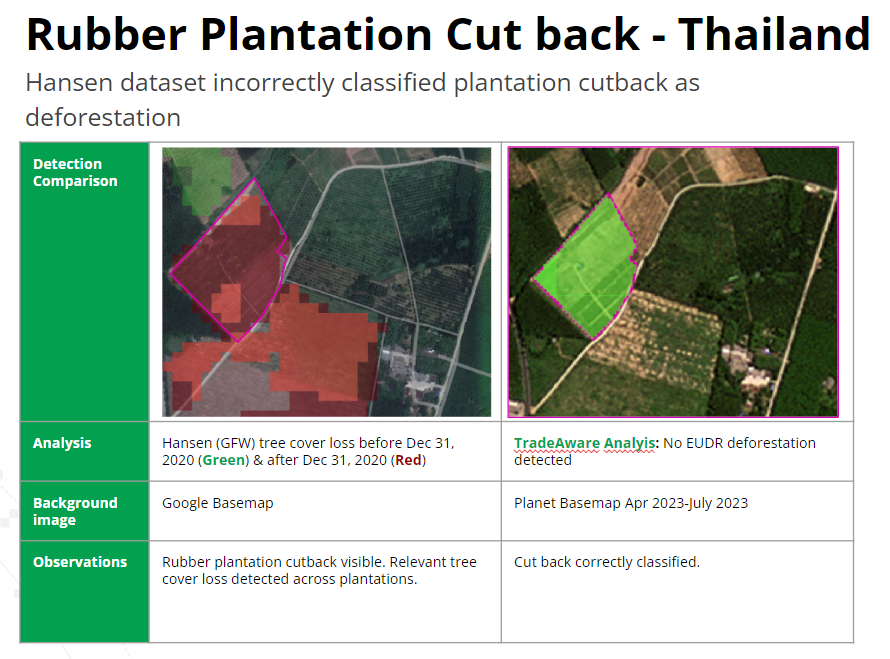
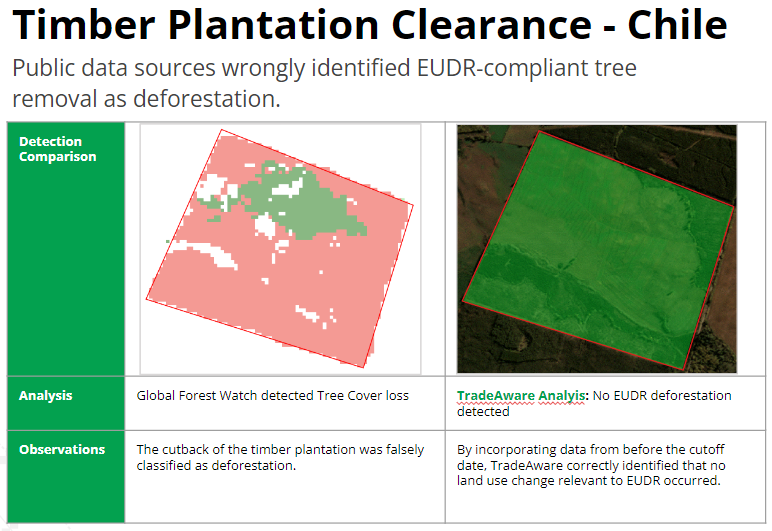
The Value of Precision Data
Accuracy is essential for correctly identifying deforested areas, avoiding erroneous conclusions. High-resolution imagery offers detailed insights, crucial for nuanced analysis. The timeliness of data ensures current deforestation activities are captured, facilitating immediate action. Consistency in data collection guarantees reliable trend tracking, vital for informed decision-making. Lastly, easy accessibility of data expedites compliance processes. These dimensions collectively fortify businesses against the risks of false positives, safeguarding their compliance and environmental stewardship.
TradeAware: A Solution for Accurate Deforestation Detection
LiveEO's TradeAware offers an advanced solution to tackle the challenges of false positives in deforestation detection. We developed our proprietary high-accuracy and commodity-aware satellite analytics specifically to assess compliance with the EUDR. TradeAware provides businesses with the precise data needed for EUDR due dilligence, reducing the risk of false positives and safeguarding supply chain integrity.
{{inline}}
Your Next Step Towards EUDR Compliance
The risk of false positives in deforestation detection under the EUDR highlights the need for accurate and reliable data. Sophisticated monitoring tools like TradeAware ensure compliance, maintain supply chain integrity, and uphold their environmental responsibility. Learn about TradeAware today.



